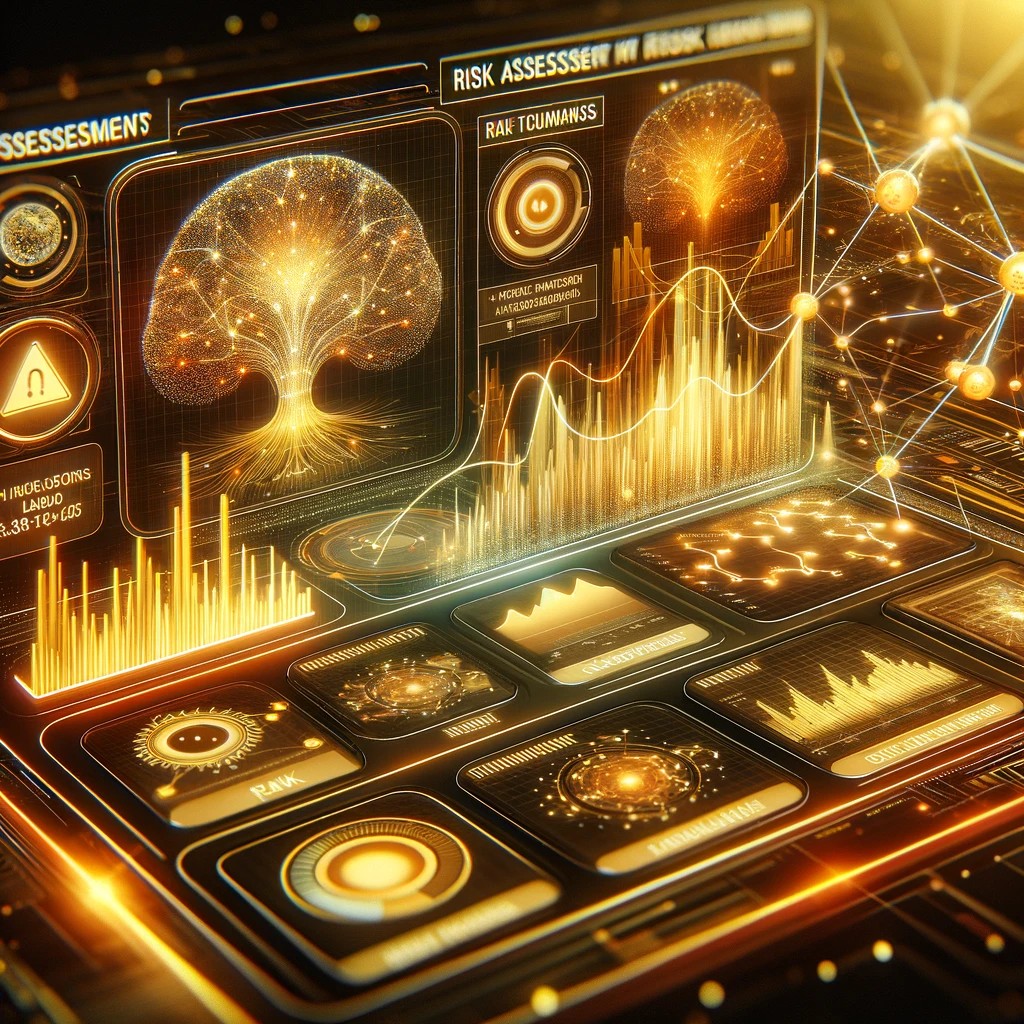In the ever-evolving landscape of entrepreneurship, risk assessment remains a cornerstone of strategic decision-making. Historically, entrepreneurs relied on a mix of statistical data, personal experience, and market trends to gauge potential risks. However, the integration of artificial intelligence (AI) into this domain is revolutionizing how risks are identified, analyzed, and mitigated. AI-powered risk assessment tools offer a level of foresight and precision that was previously unattainable, promising to transform entrepreneurial ventures significantly.
The journey from traditional risk assessment methods to AI-driven approaches has been gradual yet transformative. Initially, risk assessment was heavily reliant on historical data and linear forecasting methods. The advent of computational technologies introduced more sophisticated statistical models, enabling entrepreneurs to make more informed decisions. However, the real game-changer has been the integration of AI and machine learning, which has introduced predictive analytics and real-time data processing into risk assessment.
Essential Elements of AI in Risk Assessment
Predictive Analytics and Machine Learning
AI systems leverage predictive analytics, using historical and real-time data to forecast future trends and potential risks. Machine learning algorithms continually refine their predictions, learning from new data and outcomes to enhance accuracy.
Real-Life Examples
A fintech startup uses AI to assess credit risk, analyzing borrower data to predict loan default probabilities.
A retail business employs AI algorithms to predict market trends and consumer behavior, mitigating inventory risks.
Customized Risk Models
AI enables the creation of tailored risk models for different business scenarios, considering unique factors like market dynamics, consumer behavior, and economic shifts.
Data-Driven Decision Making
Entrepreneurs are harnessing AI’s data processing capabilities to make well-informed decisions, moving away from gut-feeling approaches to data-backed strategies.
Challenges and Opportunities
While AI in risk assessment presents immense opportunities, challenges like data privacy concerns, high implementation costs, and the need for continuous algorithm updates pose significant hurdles. Additionally, reliance on AI may lead to underestimation of unprecedented risks not represented in historical data.
Future Developments and Trends
Looking ahead, AI in risk assessment is poised to become more nuanced with advancements in technology. Integration with other emerging technologies like blockchain for secure data sharing and IoT for real-time data collection will further enhance its capabilities
AI-powered risk assessment is not just a trend but a paradigm shift in how entrepreneurs approach decision-making. Its ability to provide deeper insights and predictive foresight is invaluable in navigating the complex business environment. As we advance, the blend of human expertise and AI’s analytical prowess will be crucial in mastering the art of risk assessment.

